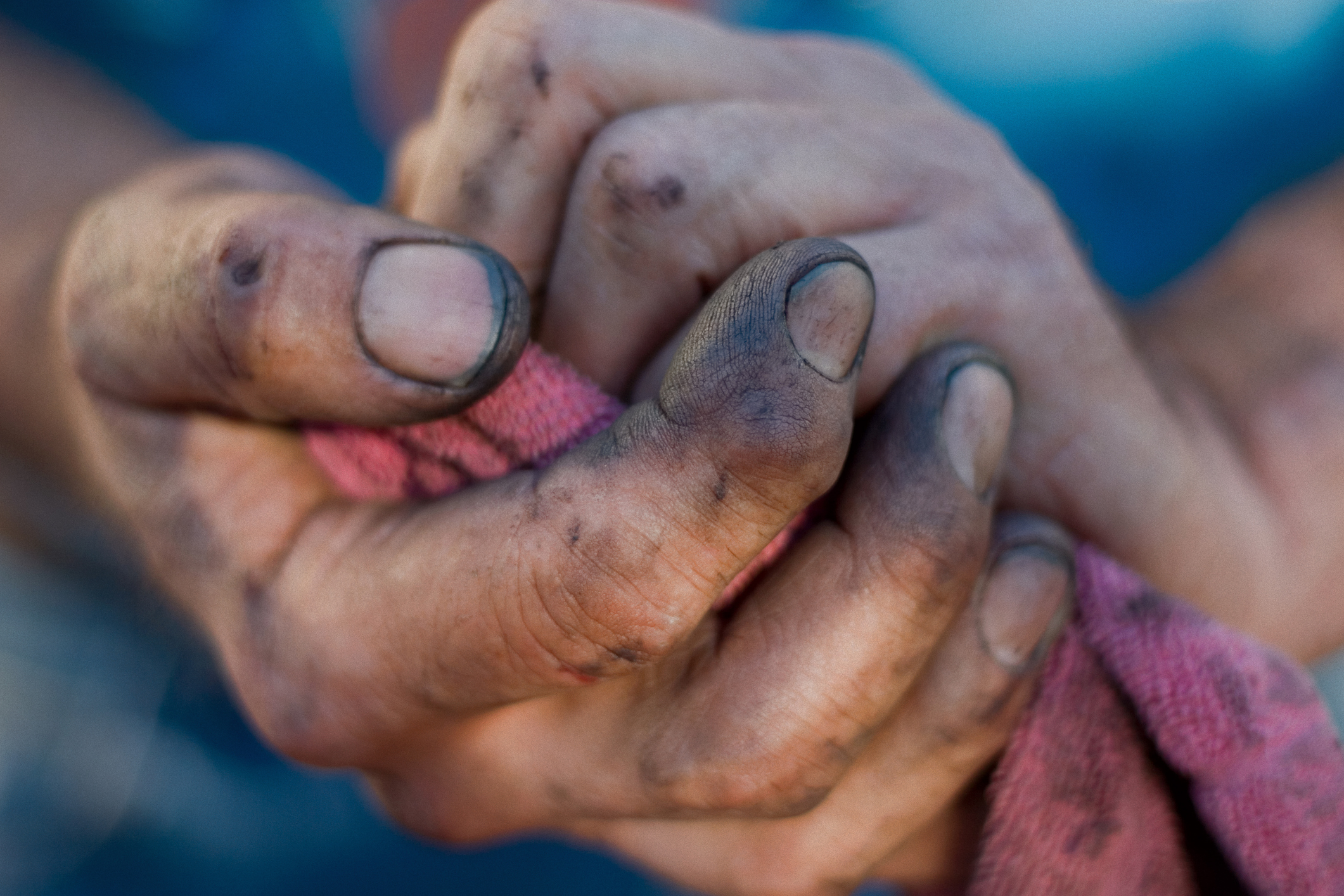Can Benzene Get Into Your Bloodstream Through Your Skin?
Yes, one of the quickest routes that benzene can enter your body, and get into your blood, is through your skin. This is known as a dermal exposure. The amount of benzene that is absorbed into your skin is affected by several factors. Factors include the condition of your skin when the benzene gets on the skin, how much benzene was in the product, and how long the benzene-containing product is on your skin.

Which Cancers Are Caused By Benzene?
Benzene is classified as a Group 1 carcinogen, a list that includes asbestos and plutonium. Benzene has been linked to blood and bone cancers since World War II. Prolonged exposures to benzene are linked with the following cancers:
- Myelodysplastic Syndrome (MDS)
- Acute Myeloid Leukemia (AML)
- Non-Hodgkin’s Lymphoma (NHL)
- Multiple Myeloma (MM)
- Chronic Lymphocytic Leukemia (CLL)
- Acute Lymphocytic Leukemia (ALL)
Need Our Help? Contact Us Today!
Who Is Most At Risk For Dermal Exposures?
Anyone who worked with solvents, degreasers, and other petroleum-based products prior to 1980 is most at risk. The mechanics we represent tell us that gloves were rarely worn. The same thing goes for pressmen, painters, and industrial tradesmen. There were very few protections against dermal exposures.
The longer benzene is in contact with skin, the worse the dermal exposures. It isn’t practical for a mechanic or pressman to stop their work and wash up every time something gets sprayed or splashed onto their skin. So benzene was often absorbed into the bloodstream all day. Cuts and cracked skin provided an easier route for benzene to enter the body. One study looked at mechanics who used gasoline to clean parts. It was estimated that 92% of all the benzene absorbed into their body came in through their skin. The fact is, because they were never informed of the dangers of benzene, many of our clients actually washed their hands with solvents and fuels.
A Leukemia Law Firm Working For You
Blood cancer cases are complex undertakings. We work with experts to connect your cancer with your benzene exposures. The time to file a lawsuit is limited. If you or a loved one has been exposed to benzene and later developed myelodysplastic syndrome, acute myeloid leukemia, or another bone or blood cancer, call 1-800-BENZENE and speak to a lawyer today.

